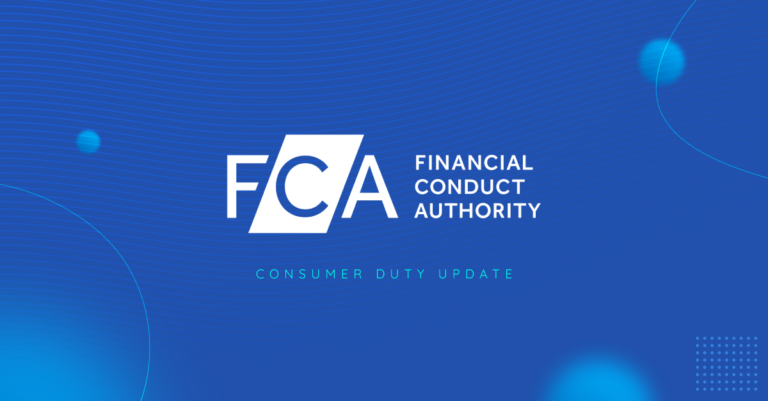The difference between attending industry conferences now and five years ago is the quality of user cases. Organisations are now motoring on their customer agendas. And it is no longer just the same, well regarded brands up there on stage. The quest for service excellence is spreading far and wide. Recently we’ve been wowed by stories from sources as diverse as Barclays, Sureflap, DFS and Nationwide.
For those still climbing the foothills of their particular mountain, there are a few principles around becoming a quality organisation focussed on service excellence that are worth acting on.
Many organisations have used the Jim Collins language of ‘good to great’ to develop their roadmap. The best ones recognise that isolated initiatives have limited impact and quickly become footnotes in the history of corporate change. Instead they think more broadly about aligning ambitions with the right competencies, workflow and daily behaviour.
Take the contact centre as a case in point.
Traditional quality management was often divisive. It drove a wedge between advisors and those who evaluated their customer engagements. Trust was low. The evaluation process was hard work with little real value to anyone.
Moreover things seldom really improved from the advisor’s’ perspective. Having listened many times over to the same issues that customers face, it must seem so obvious that the organisation needs to fix things. Anyone can see that it’s cheaper to remove the reasons why a customer needs customer service than to keep tripping over the same old mistake.
But that feedback from the customer facing team to those with the power to fix things seldom happened. A certain mindset prevented it. Advisors were there to deal with the next issue. They were therefore too busy to be interrupted and offer insights into how to make things better.
Whether this looks like poor resource planning is a matter of debate. Some would argue that the efficiency agenda, so well loved by contact centre leaders over the years, is still basically the only way to stay in financial control of a people based business. Therefore the role of the advisor is to get through as many customer interactions to a certain standard as defined in the quality evaluation process. Surely team leaders can spot any issues and escalate them?
Others see effectiveness as a better point of focus. It’s the way in which the whole contact centre is able to raise its game by becoming outcome focussed. Of course this raises the question of whose outcomes need the most attention. Is it the organisation, the customer, the regulator or even the employee?
This is why the management of quality hinges on how you define its scope and focus. Traditionally this is an inside-out perspective. But if service excellence really matters then a more balanced view is needed. One that includes the voice of the customer and a willingness to invest both time and resources into ensuring that ‘the dumb things we keep doing to customers’ gets sorted out.
Moreover the personal motivation to embody service excellence cannot be sustained over the long run when things remain mediocre. This is the psychology of service excellence. Signs that an organisation cannot learn, get smarter or fix stuff in order to make things easier for the customer, eventually erodes any enthusiasm to be personally and collectively brilliant. Instead an unspoken acceptance of the status quo takes over.
If it’s true that employee engagement drives customer engagement, then the reverse is also true. Employee indifference generates customer indifference as well. So make sure that your culture and capability is aligned to climbing the path towards service excellence. This begins with re imagining how your quality management needs to work.












 Danmark
Danmark  Sverige
Sverige  Norge
Norge  Finland
Finland  Nederlandse
Nederlandse